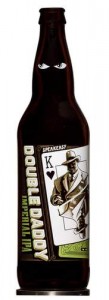 So you have the beer, the bottles, the label designs — you’re almost there! We’ve discussed all kinds of labeling options on Craft Brewing Business, such as cut and stack, pressure sensitive and shrink sleeve. But one style we haven’t covered much is screen printing, a smaller niche that is growing in popularity.
So you have the beer, the bottles, the label designs — you’re almost there! We’ve discussed all kinds of labeling options on Craft Brewing Business, such as cut and stack, pressure sensitive and shrink sleeve. But one style we haven’t covered much is screen printing, a smaller niche that is growing in popularity.
The case for on-the-bottle, screen printing includes the standout look (not as many paperless labels on the shelf; colors that pop) and the environmental story (no paper), but the environmental story wasn’t always the case. The curing technology for the screen printing required a ton of energy in comparison to the paper label, rendering the environmental advantage moot, at best. But UV-based inks have changed that story.
UV-based inks do not contain any solvent components (like a solvent-based ink), which means they don’t have any solvents that need evaporating. UV inks dry instantly when exposed to UV lamps, allowing high speed printing at speeds up to 100 bottles per minute. Conventional UV-based and UV-LED inks can now meet the same high chemical resistance standards as two component solvent-based systems.
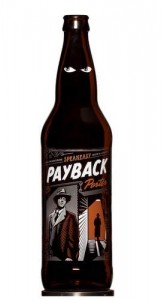 In contrast to ceramic inks, the adhesion of solvent-based and UV-based inks depends on the characteristics of the glass surface. UV ink bonds to a surface rather than becoming part of the glass itself. This is a major factor when it comes to environmental issues. In addition, UV inks are certified free from heavy metals like lead and cadmium. They are CA Prop 65 compliant and are independently tested to meet the standards of the CPSIA.
In contrast to ceramic inks, the adhesion of solvent-based and UV-based inks depends on the characteristics of the glass surface. UV ink bonds to a surface rather than becoming part of the glass itself. This is a major factor when it comes to environmental issues. In addition, UV inks are certified free from heavy metals like lead and cadmium. They are CA Prop 65 compliant and are independently tested to meet the standards of the CPSIA.
On the design side, UV inks also provide more color options and often can hit brighter, more vibrant notes than ceramic inks. UV ink mileage is also significantly higher, so your costs should be lower per pound.
“Ceramic inks are melted into the surface of the bottle at more than 1200 degrees F, or a low-fired version at 400 degrees F. Solvent-based inks cure between 350-400 degrees F, and UV requires no heat at all,” said Jeff Morris, President of RUCO USA Inc., a manufacturer of UV inks for screen printing.
Craft brewing entrepreneurs are more mindful than most of their carbon footprint, and are driven by a desire to use as little energy as possible and without products that contain heavy metals. UV-based inks present this solution for those also looking for an on-the-bottle look that pops. If you are currently screen printing, and aren’t sure which inks or processes are being used, you may want to inquire with your printer.

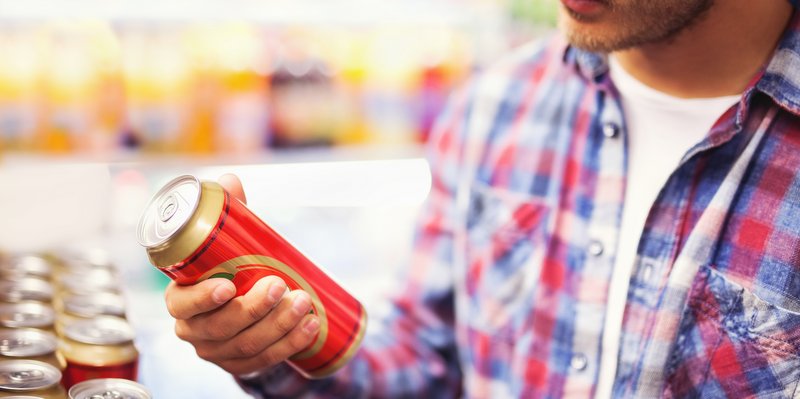
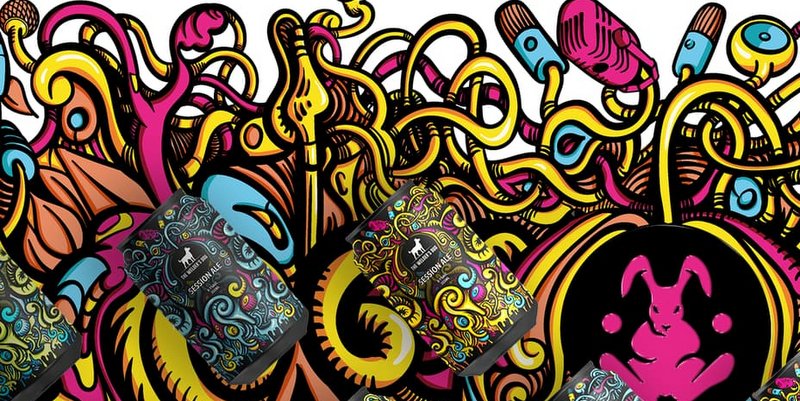

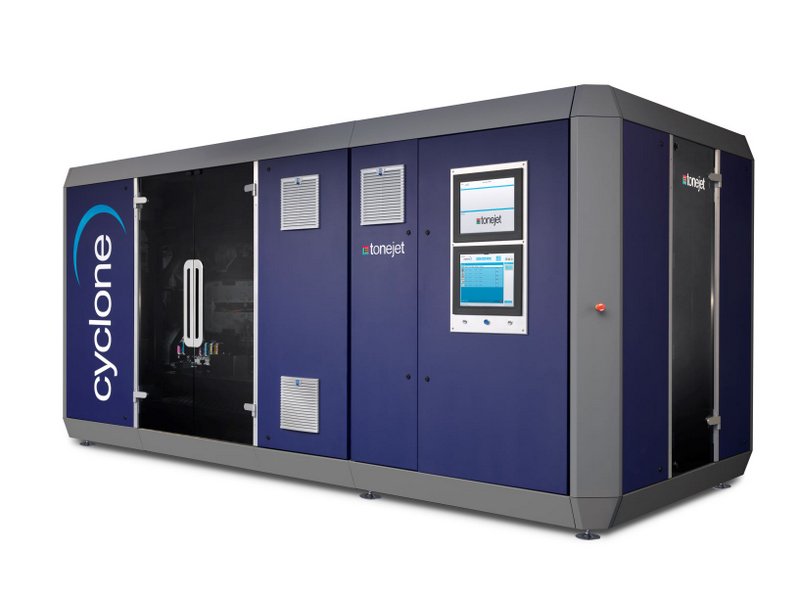
So you have the beer, the bottles, the label designs — you’re almost there! http://t.co/2poQLmcQup
Jeff Morris says
Nice work, Chris! Happy to help increase the knowledge base and point out the options that are out there.
Jared Read liked this on Facebook.
Brew & Be Covered – Texas liked this on Facebook.
RT @CraftBrewingBiz: The Case For Printing With UV inks: http://t.co/3RMHG2YFfk